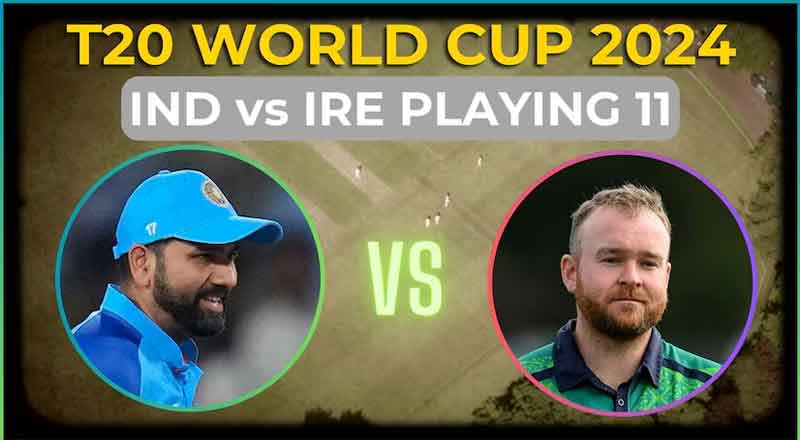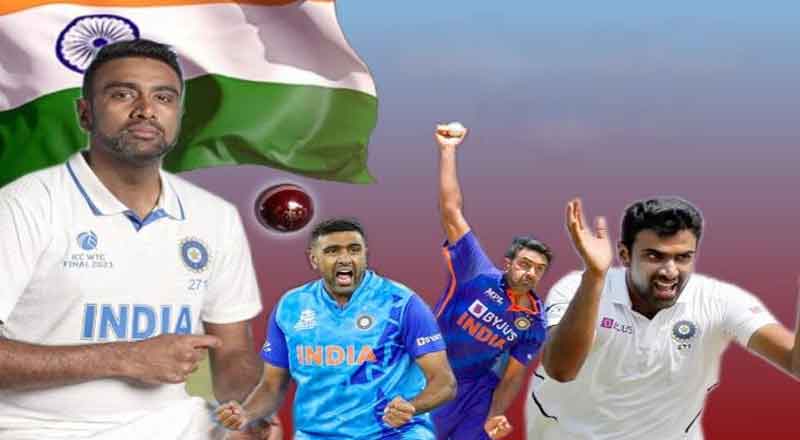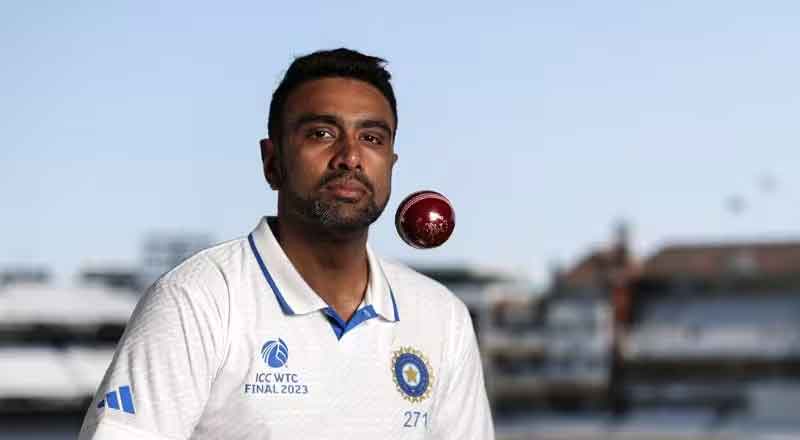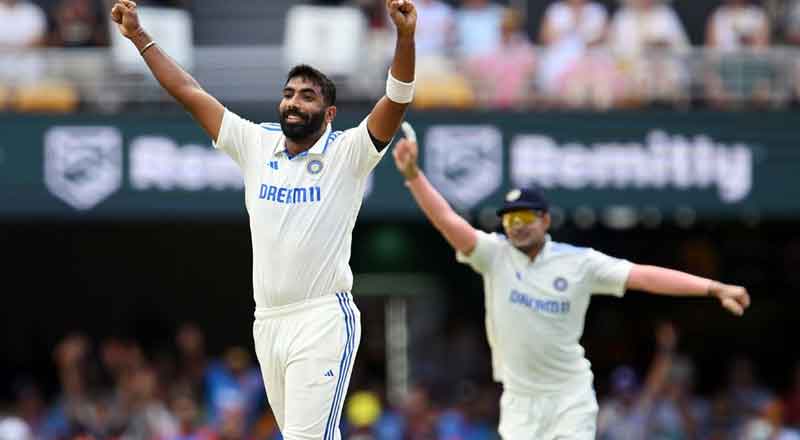In cricket, India will take on Ireland in their first group-stage match of the ICC Men’s T20 World Cup at the Nassau County International Cricket Stadium in New York this evening. The match will start at 8 PM Indian time.
Team India is coming on the back of a 60-run win over Bangladesh in their only warm-up game at the same venue on Saturday. India have not won the T20 World Cup since the inaugural edition in 2007.
India’s second gourp-stage clash will be against Pakistan on 9th of this month, before facing co-hosts the USA on 12th of June, also to be played in New York. The team will then travel to Florida for the final group match against Canada on 15th of this month. The Rohit Sharma led Indian side boast of a strong batting lineup.
When the Indian team steps onto the Nassau County Cricket Stadium in Long Island on Thursday morning, they will be greeted by hoardings proclaiming the Twenty20 World Cup, alongside the stadium’s signboards. The Indian team might well interpret these as ominous signs from beneath the banners: “Caution: Danger Ahead.”
Following the pitch fracas of Tuesday’s match between South Africa and Sri Lanka, unpredictability has swiftly become the defining element of the matches of this World Cup, at least the ones of the New York leg. For the Indian side, this would well be a journey into the unknown, more like a game of Russian Roulette than a conventional cricket contest. South Africa will vouch for this.
While on paper, Ireland are not an opposition that can give sleepless nights to India but the uncertainty of the pitch conditions has added a new dimension to the contest. It nullifies the experience and the strengths of the Indian side. Despite recent victory over Pakistan and the triumph over eventual champions England in the last World Cup, the Paul Stirling-led team may find Indians to be an inexhaustible force, against whom they have never won in their seven face-offs. But it is unlikely to be a straightforward contest, unless the drop-in pitch, prepared in Florida with expertise imported from South Australia, plays true. Ireland, though, would hope it won’t.
If India’s worry is the unpredictability of the surface, unfamiliarity is the concern for the Irish side. With practice facilities arranged elsewhere in the Long Island, the Irish are yet to officially make an entry into the Nassau County Stadium. “We haven’t actually seen the ground and it doesn’t look like we’re going to before the game,” skipper Paul Stirling told Cricket Europe.
Rahul Dravid chose not to disclose the much-debated opening combination of the side, but it is most likely to be Virat Kohli and Rohit Sharma, with left-right batsmen following as the situation demands. India may have initially planned to go in with two left-arm spinners, Ravindra Jadeja and Axar Patel, along with wrist spinner Kuldeep Yadav. However, after the experience of Tuesday’s game, they may opt for an extra pacer instead of an additional spinner.
This would bring both Mohammed Siraj and Arshdeep Singh into the lineup, with Axar Patel possibly having to wait for his turn. As is often the case with the Indian team setup, something Dravid himself would say, one spot remains up for debate – and it’s a potential toss-up between Yashasvi Jaiswal and Shivam Dube. It is more likely to be Dube, as he adds depth to the bowling attack.
Ireland is known for playing fearless cricket, but the Indians are accustomed to such approaches, having just come off a highly competitive and adventurous two-month-long IPL. The contest may not see 200-plus totals like in the IPL matches; a score of 170-180 could be a winning total, unless the pitch has ideas of its own.
Squads:
India Squad: Rohit Sharma(c), Yashasvi Jaiswal, Virat Kohli, Suryakumar Yadav, Rishabh Pant(w), Hardik Pandya, Ravindra Jadeja, Axar Patel, Kuldeep Yadav, Jasprit Bumrah, Arshdeep Singh, Mohammed Siraj, Yuzvendra Chahal, Sanju Samson, Shivam Dube
Ireland Squad: Paul Stirling(c), Andrew Balbirnie, Lorcan Tucker(w), Harry Tector, Curtis Campher, George Dockrell, Gareth Delany, Ross Adair, Barry McCarthy, Mark Adair, Joshua Little, Craig Young, Benjamin White, Neil Rock, Graham Hume





